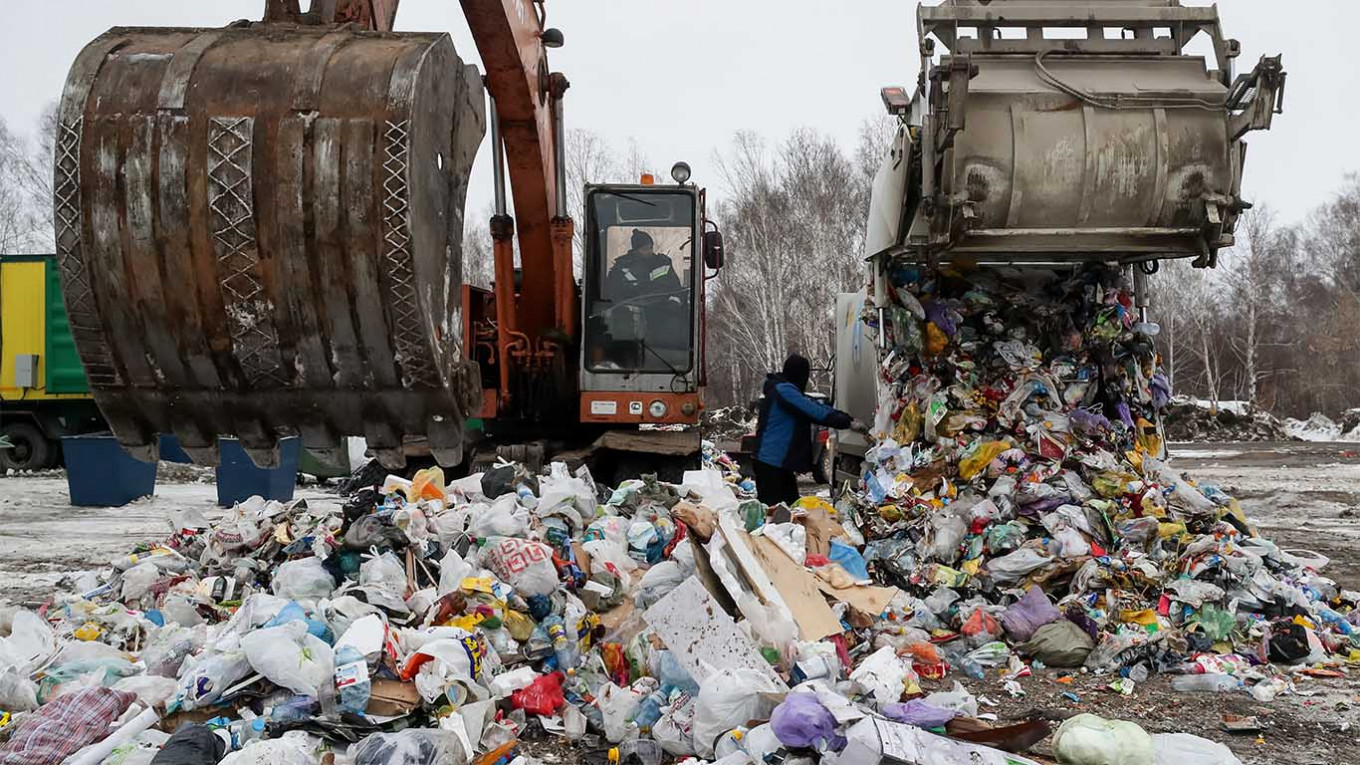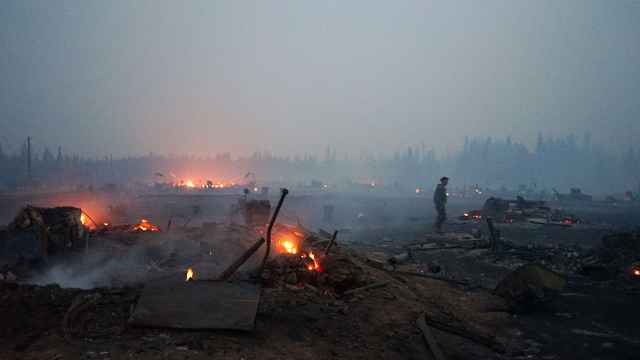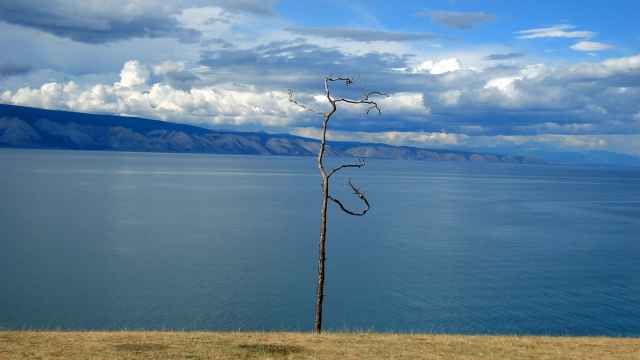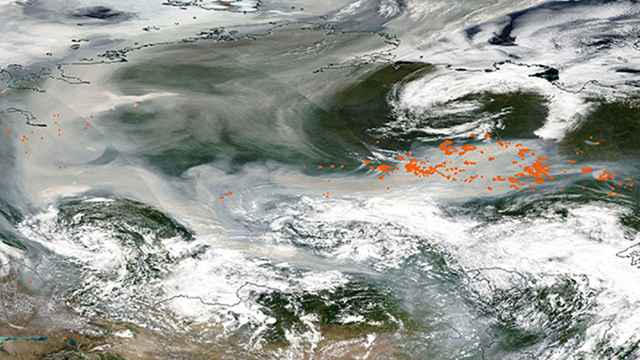Russia’s ambitious plans to build 25 waste-burning power plants risk provoking social unrest over their environmental and financial costs, Greenpeace Russia warned Thursday.
State industrial conglomerate Rostec, state nuclear agency Rosatom and the VEB state development corporation on Thursday announced a 600 billion ruble ($7.6 billion) project to build the 25 waste-to-energy plants in “Russia’s largest tourist centers.”
Greenpeace warned that the public could end up paying for the plants’ construction at least in part while also facing higher energy costs as consumers. Together with five others scheduled to launch in late 2022 outside Moscow and in central Russia’s republic of Tatarstan, Greenpeace estimates the plants will spew 5 million metric tons of toxic waste every year.
“Local residents will go on strike,” the environmental NGO said in a statement. “They don’t want to risk the health of their children, who will have to breathe the harmful emissions.”
Greenpeace also warned that the plants will increase Russia’s dependency on plastic and delay its move toward reusable materials.
Environmental activists previously criticized Moscow city authorities’ plans to equate waste incineration with recycling in their trash reform plan for the next decade.
Rostec disputed Greenpeace’s assessment, calling its technology “the most widespread and well-researched in the world [and] the most ecologically clean and safe for the environment and the population.”
“Myths about the dangers of waste-to-energy plants apply to older-generation plants,” Interfax quoted Rostec’s press service as saying Thursday.
The backlash toward the waste-incineration plants is the latest issue in Russia’s struggle to reform its waste management system. Russians across the country have rallied since fall 2018 against Moscow’s plans to export its waste to more remote and less populated regions.
This story was updated at 1:04 p.m. on May 18 to clarify Greenpeace's warning that waste-to-power plants could delay Russia’s move toward reusable materials, not biodegradable materials.
A Message from The Moscow Times:
Dear readers,
We are facing unprecedented challenges. Russia's Prosecutor General's Office has designated The Moscow Times as an "undesirable" organization, criminalizing our work and putting our staff at risk of prosecution. This follows our earlier unjust labeling as a "foreign agent."
These actions are direct attempts to silence independent journalism in Russia. The authorities claim our work "discredits the decisions of the Russian leadership." We see things differently: we strive to provide accurate, unbiased reporting on Russia.
We, the journalists of The Moscow Times, refuse to be silenced. But to continue our work, we need your help.
Your support, no matter how small, makes a world of difference. If you can, please support us monthly starting from just $2. It's quick to set up, and every contribution makes a significant impact.
By supporting The Moscow Times, you're defending open, independent journalism in the face of repression. Thank you for standing with us.
Remind me later.






